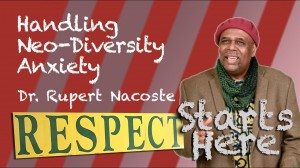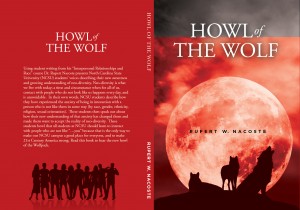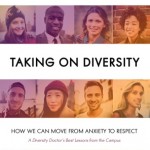I am disheartened when I see “us versus them†rise up among those who say they care about social Justice.
Not “us versus them†between people who seek a just society for all versus those who are fighting to keep themselves in power. No not that…
“Us versus them†among people who say they want a just society, but just can’t put up with people who don’t think about the issues exactly the way they do.
“Women’s marches without intersectionality is just white supremacy.â€
“Marched last year, but not marching today because I realized these people are marching against 45 (Trump), not against systematic racism, etc.â€
If we keep objecting to the motives of people of goodwill who are trying to march for, work for Justice in some way, our fight for Justice will always be futile.
If we keep rejecting the idea of working with people who are learning to try to work for Justice, our fight for Justice will flounder.
If we reject the idea of working with people because they are not woke in the way you would like, there is no hope of achieving real social Justice.
If for you to march for Justice, everybody has to see everything from your perspective, you are not woke.
To work for Justice always means working with people you do not always agree with on focus, strategy, priorities or vision. Even Martin Luther King, Jr. had to be brought into a full understanding that the issues of oppression were more than racial. And that happened through his interactions and civil conversations with others who were working on racial/social Justice, but with different strategies and focus.
Even if they are trying, no one can see past their limited perspective without direct contact and (civil) confrontation with a different perspective. When you think someone is making a mistake of vision, talk to the person, not at the person. Educate, don’t berate.
Disagree, use your voice to raise issues, but do not withdraw your participation. In the 1960’s my father, a janitor and a bus driver, was also a grass-roots politician in the Jim-Crow South. He worked with all kinds of people, who had a mix of motivations, some with limited and mostly self-interested vision; but he worked with those people push the Justice agenda.
Yes, he was frustrated by those people sometimes; I heard him tell my mother so. But he went on using the small doorway into their frame of reference to get things done. My father, Mr. O-geese, showed solidarity and shared effort with those folks, using his calm but strong voice, making his case and teaching that sometimes helped people see that their vision was too narrow; sometimes not.
But the point was to keep people moving and working in the direction of true racial/social Justice, even if at the time those people were making mistakes of vision while still agitating for some kind of Justice. That’s what it takes. Yes, it can be irritating, frustrating and slow-going.
But that, of course, is why the late Reverend, Dr. Martin Luther King, Jr. always reminded us that social Justice work is hard by using this quote from an abolitionist:
“The arc of the moral universe is long, but it bends toward Justice.â€
#WeShallOvercome
#TimesUp





